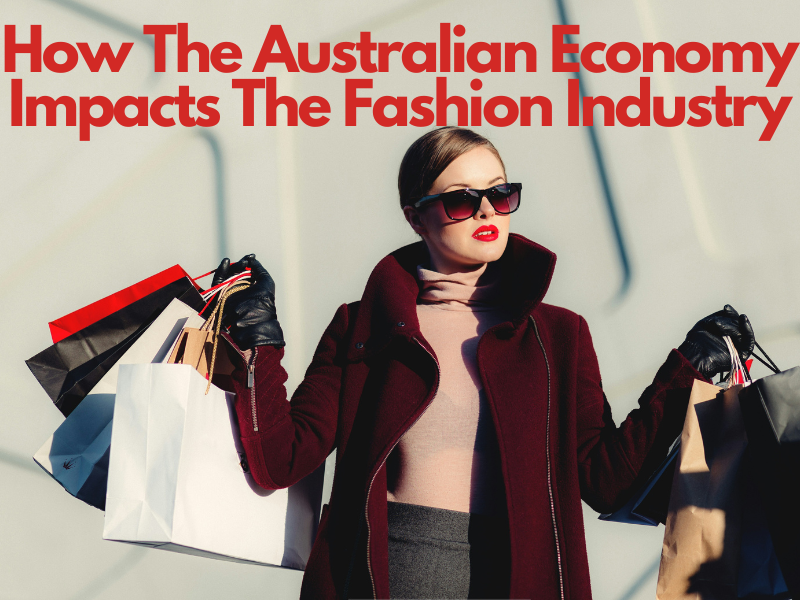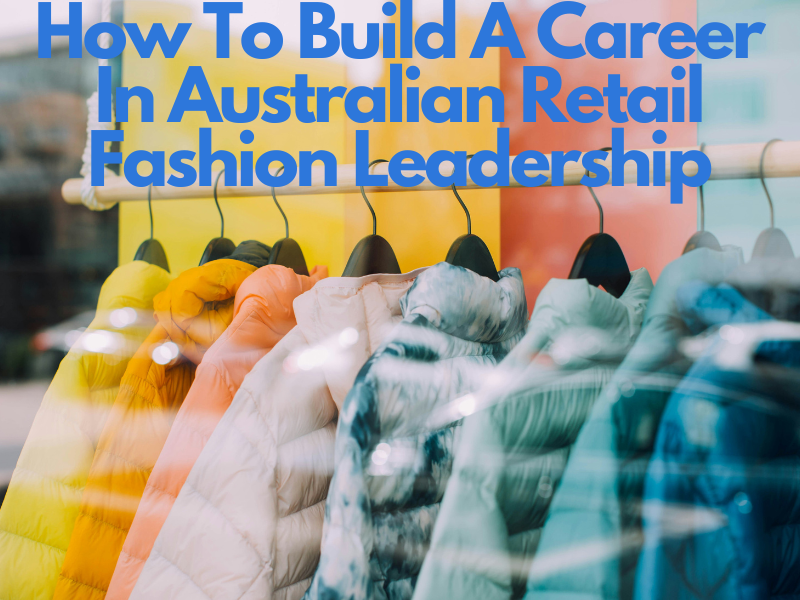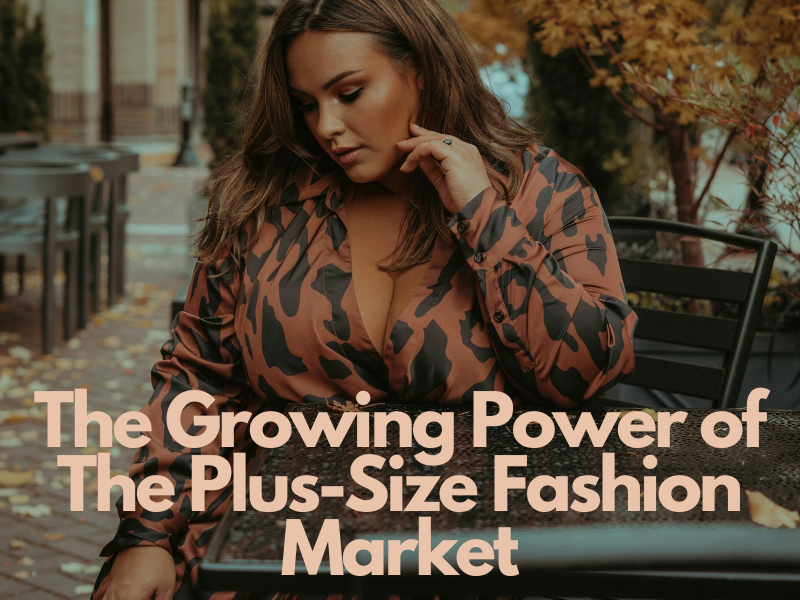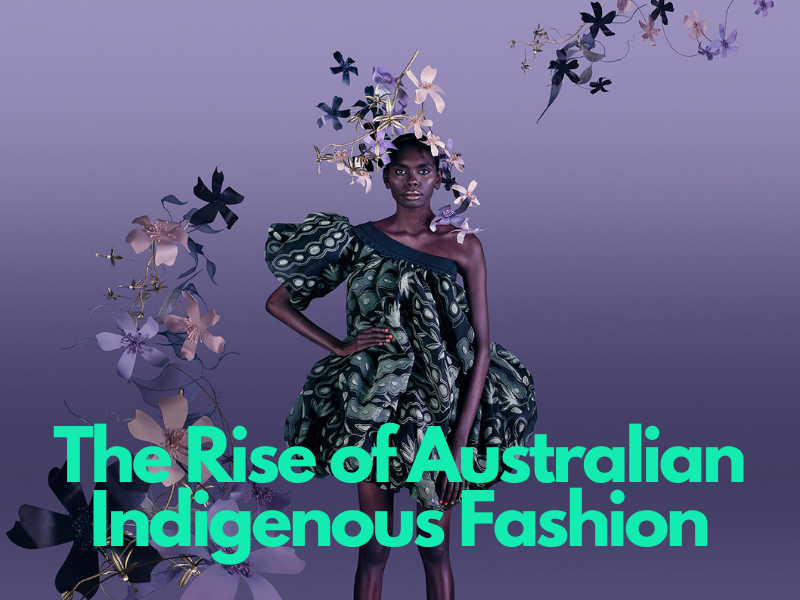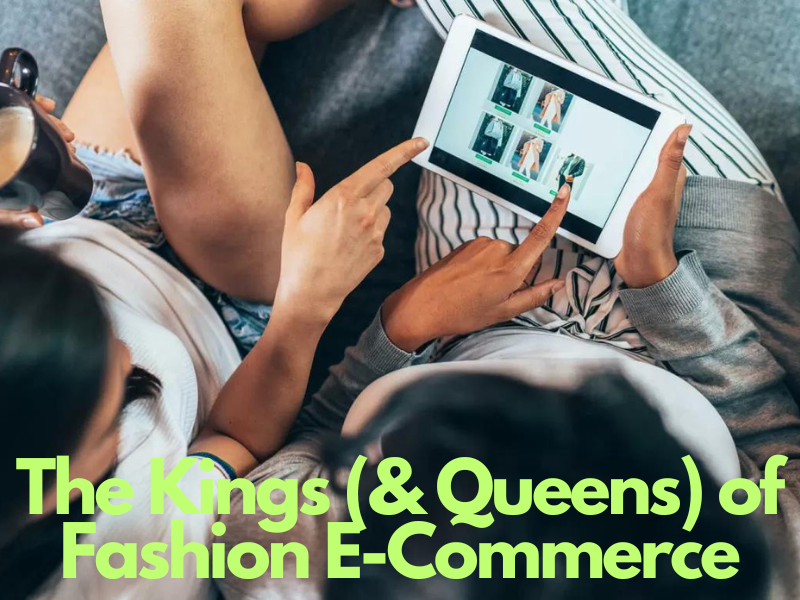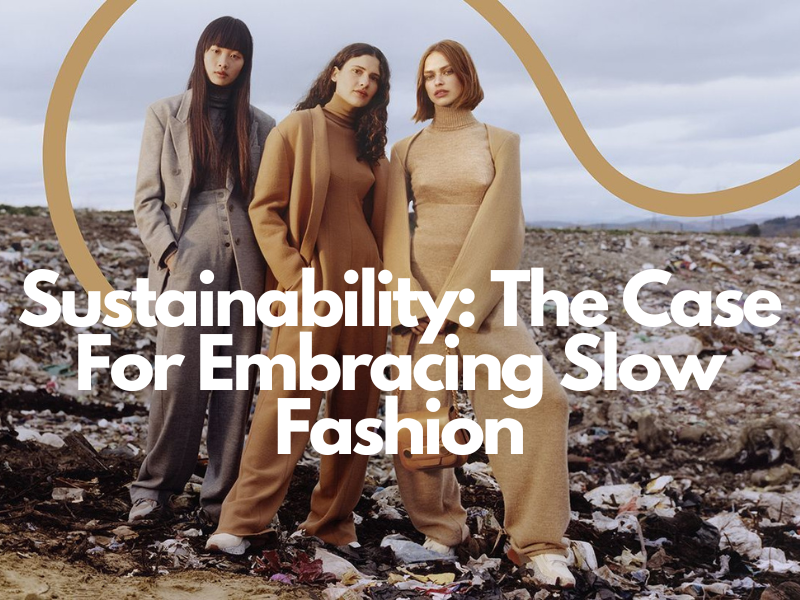How the pandemic has changed fashion
2020-21 will be historically viewed as having a momentous impact on the Global fashion industry. Comparable more to The Great Depression than a Global Financial Crisis or downturn, the effect on the industry as a whole is seismic. It’s caused fashion businesses and customers to change their perception of the industry and their role in it.
Fashion Trends impacted by COVID include:
The rise of athleisure
Already on the rise in 2018/2019, where Australians spent $2.3b on activewear in the 2018/2019 financial year, the athleisure industry has been given a boost by global lockdowns where consumers were living and working at home. With a focus on comfortable fashion, the athleisure industry fits well into the post-COVID fashion trend of the
‘casualisation’ of fashion. This fits well into the
‘zoom top’ trend where remote employees wear a nice top with sweat pants to look the part in their meetings.
Rethinking how and why we shop
With few reasons to leave the house in lockdown, consumer spending on fashion was down, many consumers were forced to rethink discretionary spending if their income was affected by COVID. Additionally, with forced retail closures, retailers were forced to improve their online experiences for customers, finding ways to engage them and keep them online for longer periods.
Improvements to the Supply Chain
Offshore manufacturing challenges have hit many fashion businesses hard over the past 2 years. With many businesses manufacturing in countries such as China, India and Bangladesh, they have been forced to re-evaluate supplier arrangements to reduce risk and costs of shipping. There has been a re-think for many businesses who want to ensure that their businesses are resilient and sustainable post-COVID.
The CEO Agenda 2020 - Covid19 Edition outlines a range of opportunities for CEO’s to build resilient and sustainable businesses post pandemic, including:
• Plotting social and environmental impacts in the supply chain
• Building trust and brand loyalty
• Moving supplier relationships to partnerships
• Dealing with stock levels and markdowns by implementing new business models
• Accelerating the digitisation of businesses
• Shaping the ecommerce infrastructure of the future
Like to speak to the team about the latest fashion trends? Speak to Janine, Amy and Natalie at Permanser Consulting.

